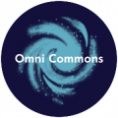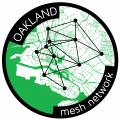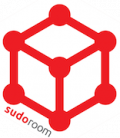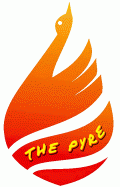This past month, I’ve sought to nourish myself through what is, for me, the most difficult period of the year. January. And I made it! I’m okay! And I’ve written a lot of things.
Having shaken myself free from the noxious syndrome of reading “research” and creating headers beneath which I can conveniently categorize the perspectives of others into “anxieties” and “utopias”, I have now reached what will be the butter on the bread of my thesis. That is, that which makes the dry foundation delicious. Not that ethnography is ever dry. My first chapters are rife with the stories, anecdotes, personalities, ideas that propelled me to do this research in the first place.
But now, allow me to be indulgent. I embark on a chapter I’ve hesitantly entitled “A Phenomenological Exploration of Online Social Networking.” This is where I tell my own story, where I deeply investigate my own integration of anxieties toward and utopic visions of the Internet and its potentials and failures.
And everything else.
The past week has consisted of moving into a new apartment (where I will no longer bother touchy neighbors with my entirely nocturnal rhythm and proclivity toward human interaction and [god forbid!] music), sleeping 10-12 hours a night, and battling the obvious onset of ill health with my finest vegetarian cooking, isolation, and relaxation.
I sit before the screen now resolved to put forth a testimony founded on inner truths, desires, sadnesses, attempts to bridge the increasing divide I see between individuals and community. The Internet, for me, is the “final frontier” in which we may remake ourselves, and in so doing, contribute to the remaking of this severely damaged world.
Though, as severely damaged as it is, it is because of my overwhelming love of the stories, personalities, and lives of others that I have become so enamored with the potential for anthropological research to promote human understanding, empathy, and that elusive yet all-empowering ultimate pursuit: community, connection, the sense of belonging and the extension of selfhood.
This has been a manifesto.





 . Hopefully, by May I will be once again walking to a podium, this time to receive my master’s degree in anthropology from Wesleyan University.
. Hopefully, by May I will be once again walking to a podium, this time to receive my master’s degree in anthropology from Wesleyan University.